New Jersey Climate News
News Aggregation from the NJ Climate Change Resource Center
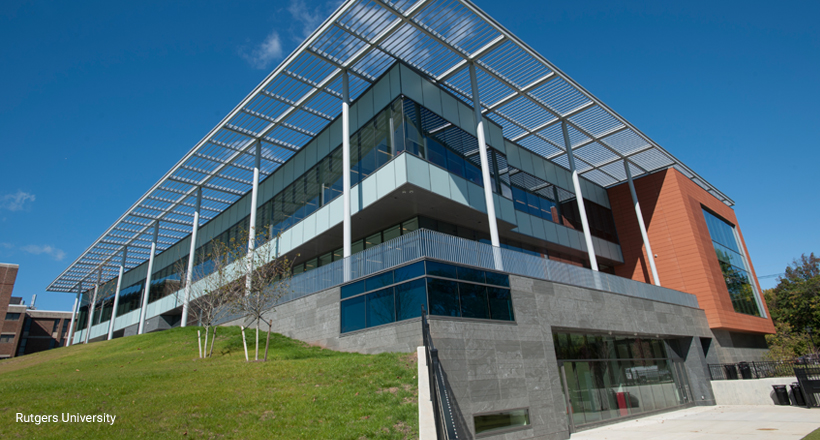
Rutgers University
Rutgers Launches Climate and Energy Institute With Wide-Reaching Goals
Institute will combine and unify the strengths of three existing institutes on climate, environment and energy research
KITTA MACPHERSON / RUTGERS TODAY – University leaders are creating an institute designed to elevate the local, national and international profile of Rutgers–New Brunswick as a locus for scholarship on climate change, renewable energy production, energy conservation and their environmental dimensions.
The Rutgers Climate and Energy Institute (RCEI) will combine and expand upon the activities of three existing institutes on climate, environment and energy research at the university: the Rutgers Climate Institute (RCI), the Rutgers Energy Institute (REI) and the Rutgers Institute of Earth, Ocean and Atmospheric Sciences (EOAS).
The launch of RCEI, an initiative of the Rutgers–New Brunswick Academic Master Plan, is expected to maximize the university’s impact on finding solutions to the existential challenge of climate change.
“Rutgers–New Brunswick has long been known as a center of excellence for climate and energy research,” Rutgers–New Brunswick Chancellor Francine Conway said. “The new Rutgers Climate and Energy Institute will focus and expand upon existing resources to help build a resilient, equitable and sustainable climate future. It is part of our work to redefine excellence in higher education.”
Conway noted that the directors of the existing institutes will serve in leadership or advisory board positions at the new institute, and more than 150 faculty members are expected to affiliate with RCEI.
Julie Lockwood, a professor in the Department of Ecology, Evolution and Natural Resources in the Rutgers School of Environmental and Biological Sciences, will be the interim director.
“The formation of RCEI brings together scholars working on the social and physical dimensions of climate change, low carbon energy transitions, and climate and energy communication,” said Lockwood, a leader in the study of biodiversity, including its relationship with climate change and energy production. “It also creates physical and virtual spaces for faculty, staff, students and stakeholders to collaborate and innovate across these areas.”
Lockwood will be charged with hiring and supervising the core RCEI staff, creating the institute’s organizational structure with input from the RCEI leadership team, engaging with RCEI affiliates and others throughout Rutgers to identify synergies in mission, as well as initiating RCEI funding and grant operations.
The institute will have offices within the New Jersey Institute for Food, Nutrition and Health (IFNH) building on the George H. Cook campus but will maintain the model of a distributed institute with affiliated faculty and staff located at sites throughout Rutgers–New Brunswick.
RCEI, with an ambitious and wide-ranging mission, will provide a focal point for climate change and energy scholarship at Rutgers–New Brunswick, enabling university investments to be directed toward their greatest effect, Lockwood said.
The combined structure also will open new avenues for the pursuit of large-scale, externally funded projects and allow philanthropic supporters to more easily identify where their interests and goals will be amplified, she added. The new institute will collaborate with the Rutgers Office of Climate Action and other units across Rutgers that engage with climate and energy science.
RCEI will include staff who supported RCI, REI and EOAS. In addition, faculty and staff who were affiliates of RCI, REI and EOAS will be invited to affiliate with the new institute.
The university will begin the initial rollout of the institute this month, with select programs to be up and running within the current academic year. All planned activities will be fully operational by the summer of 2024. Once the initial rollout is under way, the activities of RCI, REI and EOAS will be incorporated into the new institute. By summer 2024, all operations will be under RCEI. The effort is led by Senior Vice Provost for Research Denise Hien.
Financial support for RCEI will include $2.5 million from the Chancellor Challenge which will be awarded over three years, and dedicated funding from the School of Environmental and Biological Sciences. Additional support will be provided by Rutgers–New Brunswick schools, including the School of Engineering, School of Arts and Sciences, Bloustein School of Planning and Public Policy, and Mason Gross School of the Arts. The schools’ faculty will serve in RCEI leadership roles and enhance RCEI programs. This coming together of multiple schools and divisions will expand the resources available to the institute. RCEI’s funding sources are expected to further diversify as it moves from inception to full operation.
A search for a permanent director will be launched in 2024.
SUBSCRIBE
Get the latest updates from the NJ Climate Change Resource Center
SHARE THIS PAGE
LATEST HEADLINES
Rising temperatures and poor air quality signal future impacts
KITTA MacPHERSON / RUTGERS TODAY
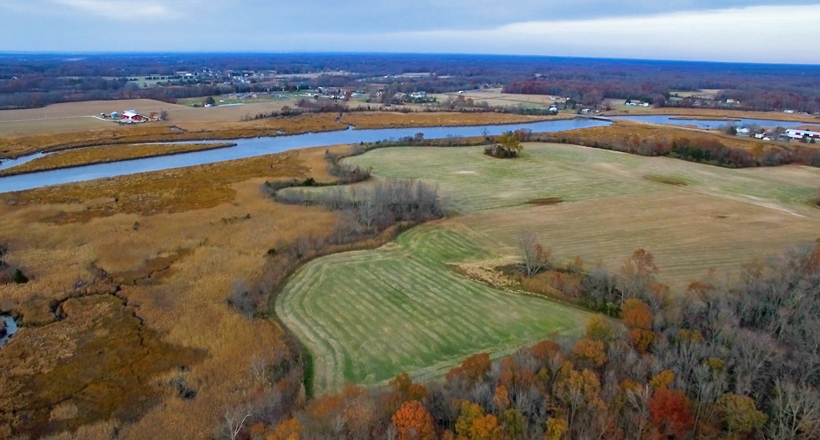
Climate change and Garden State agriculture
MARJORIE B. KAPLAN, MARK ROBSON, and JAMES SHOPE / ANJEC REPORT

New Jersey leaders draft plan to help residents cope with rising temperatures
BRANDON GOLDNER and ALAN WHEELER / CBS PHILADELPHIA
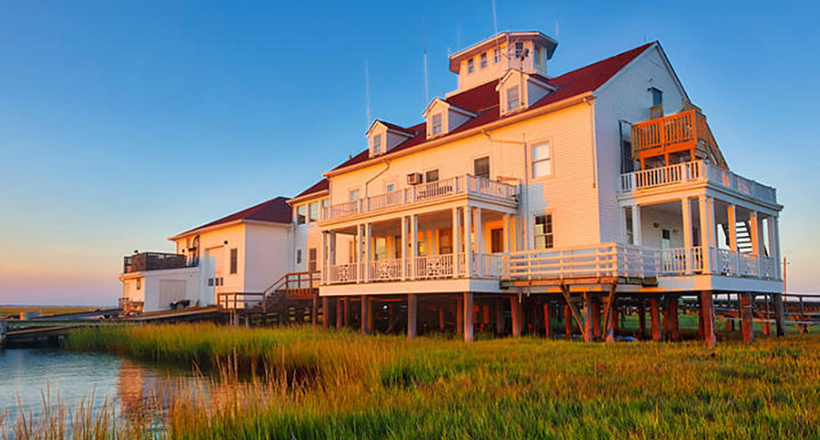
Scientists know rising seas will one day swallow this Jersey Shore climate research center
FRANK KUMMER / PHILADELPHIA INQUIRER

New Jersey is one of America’s fastest-warming states, data shows
HILARY HOWARD / NEW YORK TIMES

U.S. gives key approval to Atlantic Shores offshore wind farm in New Jersey
WAYNE PARRY / AP / WHYY
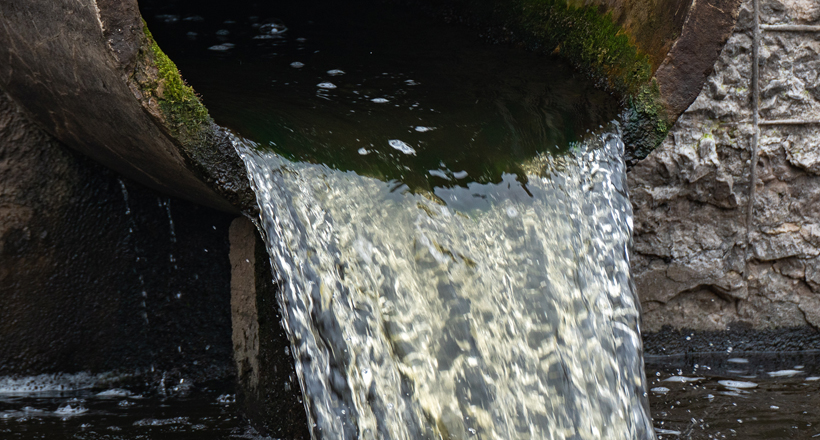

As NJ swelters, pols push bill to protect workers from the heat
DANIEL MUNOZ / NORTHJERSEY.COM
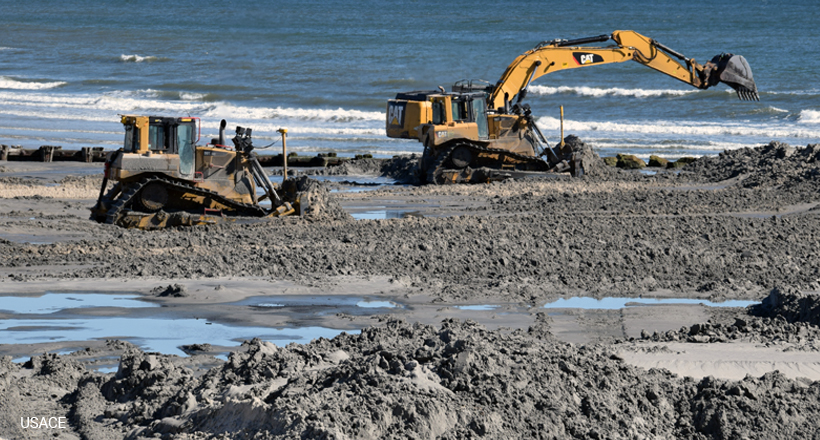
Time to reevaluate the money spent replenishing beaches?
BRIANA VANNOZZI / NJ SPOTLIGHT NEWS
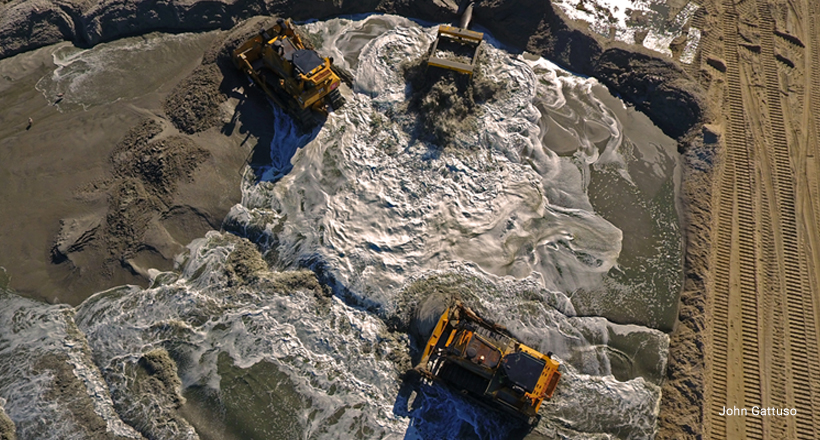
How climate change complicates NJ beach replenishment
MELISSA ROSE COOPER / NJ SPOTLIGHT

Offshore wind project clears key federal hurdle
MICHAEL SOL WARREN / NJ SPOTLIGHT NEWS
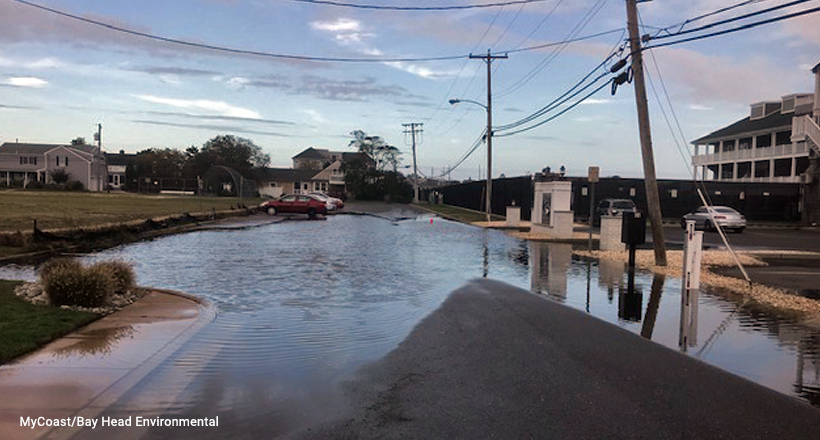
Building at the Jersey Shore where it’s bound to flood more may get harder
STEVEN RODAS / NJ.COM


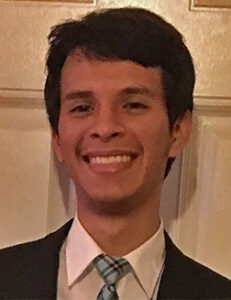 Angel Alguera
Angel Alguera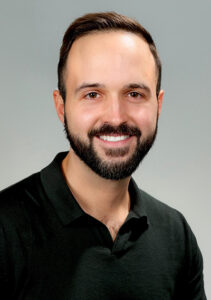 Daniel Gilkeson
Daniel Gilkeson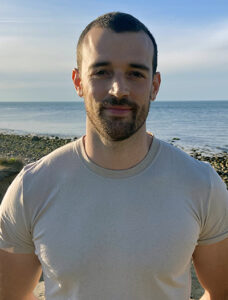 Benjamin Goldberg
Benjamin Goldberg Surya Jacob
Surya Jacob Vineesh Das Kodakkandathil
Vineesh Das Kodakkandathil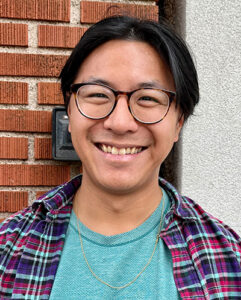 Douglas Leung
Douglas Leung Nihar Mhatre
Nihar Mhatre Justin Morris
Justin Morris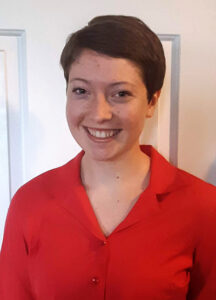 Josephine O’Grady
Josephine O’Grady Jessica Parineet
Jessica Parineet Dillan Patel
Dillan Patel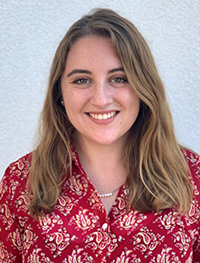 Moira Sweeder
Moira Sweeder